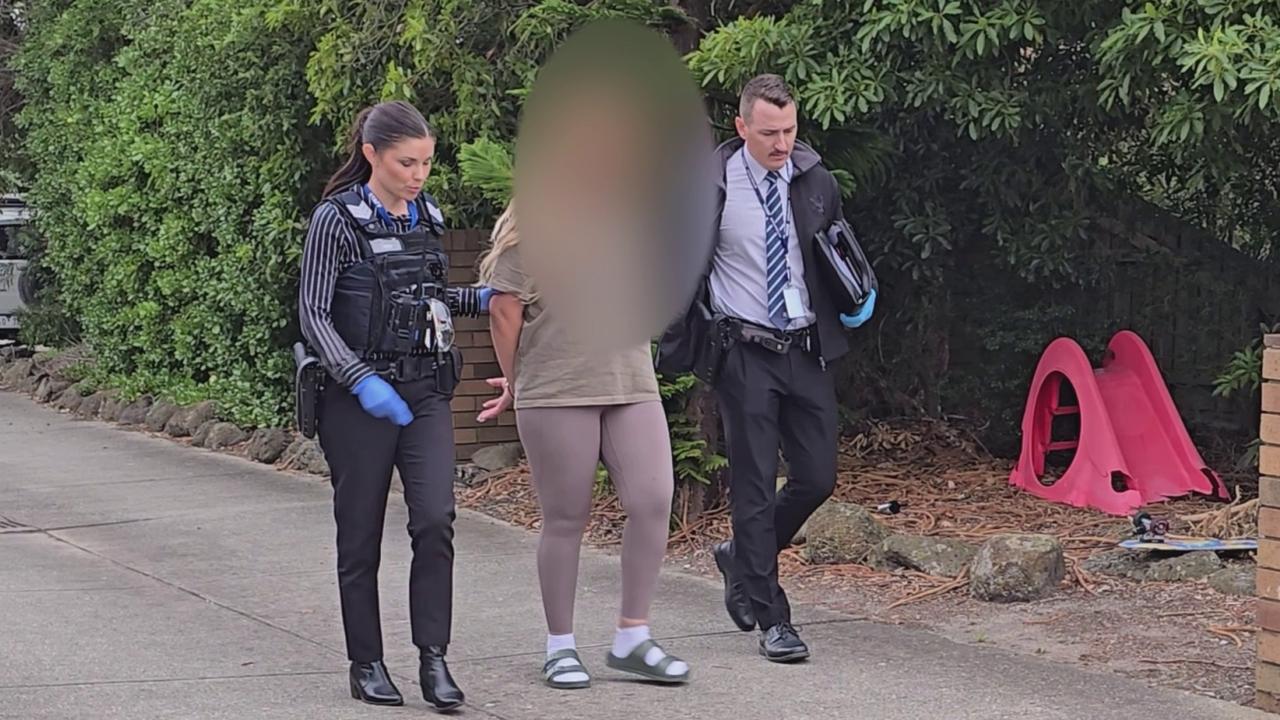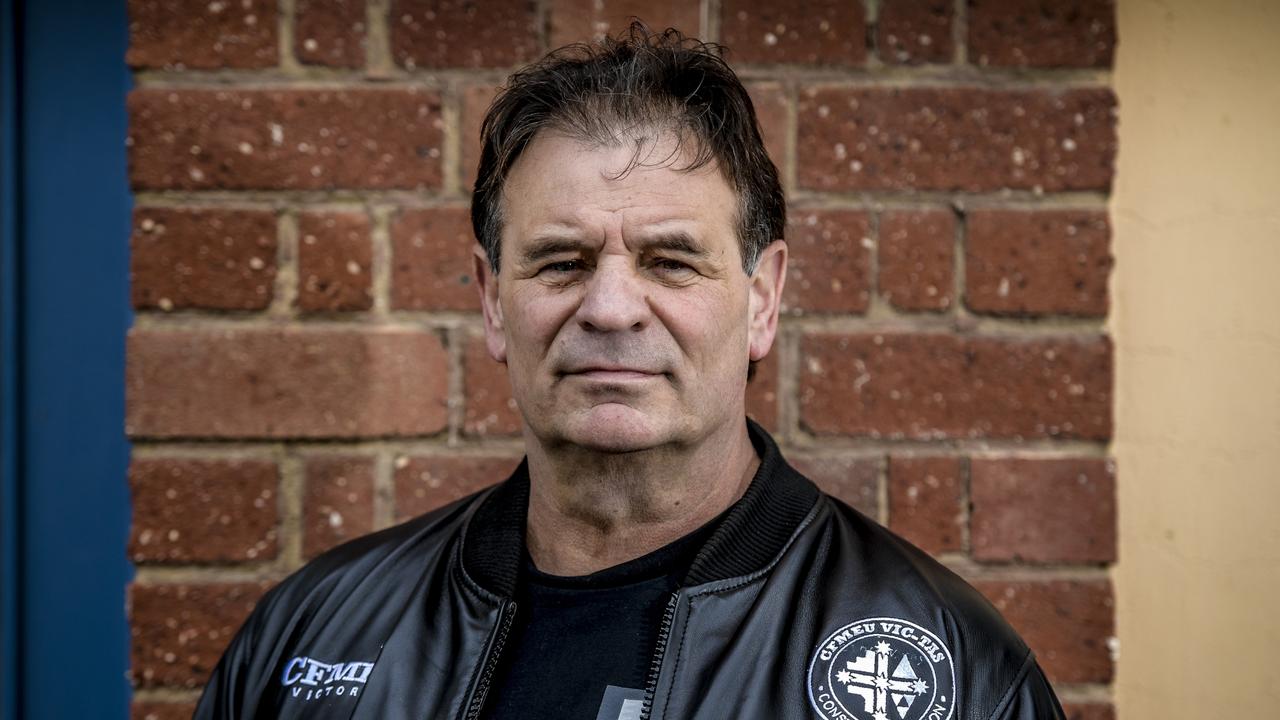Police officer tells inquest he didn’t believe Tanya Day needed an ambulance
Senior Constable tells inquest he thought Tanya Day was improving after her arrest on a train.

Police officers decided not to drive a barely conscious Aboriginal grandmother the two-minute journey to hospital, choosing instead to take her to a regional Victorian police lockup, where she sustained fatal head injuries.
Constable Aaron Towns told the inquiry into the 2017 death of 55-year-old Tanya Day that police decided the Yorta Yorta woman would be safest in a police cell because she was “an elderly lady in a vulnerable state”.
“We decided the safest option was at the police station,” he said.
Day was travelling from Echuca to Melbourne on December 5, 2017, and was removed from the train after falling asleep and putting her feet across the seat and the aisle. She was arrested and booked for being drunk in public and taken to a police cell.
She fell five times in the cell and banged her head. She died 17 days later in a Melbourne hospital from a brain haemorrhage suffered in police custody.
The coronial inquiry is examining whether systemic racism played a role in Day’s death.
A key issue is whether Day should have been treated by medical staff rather than being taken into custody.
Constable Towns said he had undertaken training on the vulnerability of Aboriginal people in custody and he knew Day should be put in a police cell as a last resort.
“I think one of the underlying thoughts in the back of my mind was that she was an Aboriginal lady and would be particularly vulnerable in custody.
“As much as we could, the last resort we wanted it to be was to take her back to the station and put her in a police cell,” Constable Towns said.
The inquiry has heard police failed to regularly check on Day while she was in custody, despite assessing the woman needed physical checks every 30 minutes.
Senior Constable Stephen Thomas, who arrested Day along with Constable Towns, told the inquiry he did not think Day required medical attention as she had become more coherent after disembarking the train.
“In the short time Ms Day was with us, she had improved and had gotten to the point where I didn’t think an ambulance was required,” he said.
Constable Thomas said he did not consider driving Day the roughly 1km distance to the hospital: “It's not something I would have done.”
He said about 60 per cent of Day’s responses were “moans and groans”. “I was worried for her welfare (and) I didn't think she was in complete control,” he said.
“Her responses to my questions didn't make any sense and (she was) slurring words.”
The inquiry has previously heard V-Line conductor Shaun Irvine called the police on Day, who was sleeping in the train carriage, because she was acting in an “unruly” way.
The court was shown CCTV footage in which V/Line staff and police entered the train and disembarked on the Castlemaine train station platform with Day.
She sat on a bench while they interacted with her before the group moved to the carpark, where a police station wagon and divisional van were located.
The inquiry heard Day entered the divisional van herself and was not handcuffed.



